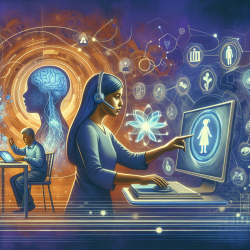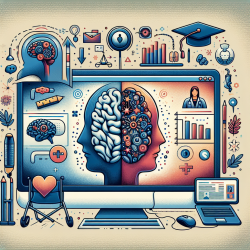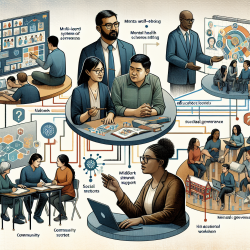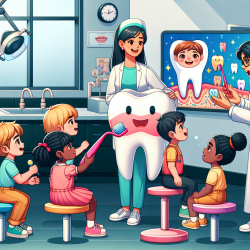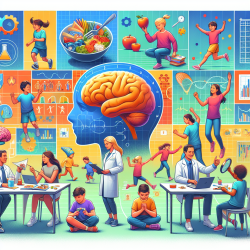As a practitioner dedicated to the mental well-being of youth, you understand the importance of evolving with the times. The advent of telemental health (TMH) offers promising avenues to support young individuals facing mental health challenges. The research article, "Adult experts’ perceptions of telemental health for youth: A Delphi study," provides invaluable insights that can enhance your practice. Here’s how you can implement these findings to improve your skills and better serve your clients.
Understanding the Barriers
The study highlights significant barriers to youth accessing mental health services, including stigma and lack of knowledge about how to obtain services. While TMH can mitigate some of these barriers, it's crucial to recognize that it is not a panacea. Educating families, peers, and community leaders about TMH can help reduce stigma and improve knowledge.
Leveraging the Benefits
According to the Delphi study, TMH is beneficial for:
- Screening for mental health issues
- Providing emotional support
- Enhancing education about mental health
- Monitoring progress and self-tracking
These applications can supplement traditional face-to-face therapy, offering continuous support and engagement for youth.
Choosing the Right Delivery Methods
One of the key takeaways from the study is that no single TMH delivery method is universally beneficial. Different technologies offer unique advantages:
- Video Conferencing: Useful for face-to-face interaction without transportation barriers.
- Mobile Apps: Convenient for on-the-go support and privacy.
- Online Chat/Instant Messaging: Provides immediate feedback and is user-friendly for youth.
It's essential to be adaptable and consider multiple TMH tools to address diverse needs effectively.
Engaging Stakeholders
The study underscores the importance of involving parents, therapists, and community leaders in promoting TMH. Conducting workshops, webinars, and informational sessions can help these stakeholders understand the benefits and applications of TMH, making them more likely to support its use.
Continuous Learning and Adaptation
As technology evolves, so too should your approach to TMH. Stay informed about the latest developments and be open to integrating new tools and methods into your practice. This adaptability will ensure that you can provide the most effective support for your clients.
To read the original research paper, please follow this link: Adult experts’ perceptions of telemental health for youth: A Delphi study.



